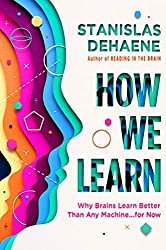Rating: 8.1/10. How We Learn: Why Brains Learn Better Than Any Machine… for Now by Stanislas Dehaene Book by neuroscience researcher about human learning. A lot of cognition is taken for granted until we try to train AI to do it, then it becomes apparent how difficult it actually is. AI still has a long…
Author: Bai Li
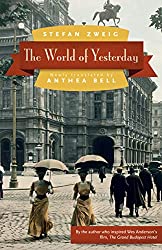
The World of Yesterday by Stefan Zweig
Rating: 7.9/10. Autobiographical memoir by Austrian-Jewish writer Stefan Zweig, who lived through many important historical events in the first half of the 20th century. This book was written shortly before he committed suicide in 1942, feeling that Europe had declined irrecoverably and after living through two endless wars. The memoir starts with the author’s childhood…
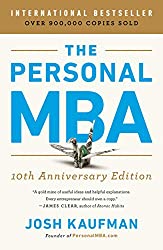
The Personal MBA by Josh Kaufman
Rating: 8.0/10. Business book that teaches you the basic mental models you need to run a business. The author argues that MBA programs are overpriced and teach you outdated and over-specialized knowledge that’s irrelevant to most businesses, and building good mental models is more useful practically. The book is organized as short sections of advice…
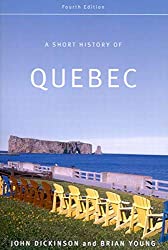
A Short History of Quebec by John Dickinson and Brian Young
Rating: 7.3/10. Summary History of Quebec, from the first European contact in the 16th century until the present day. Before European contact, the natives were a mixture of farmers and hunter-gatherers who traded with each other. The Europeans first came to the region for cod, then the fur trade started in the 1630s. Due to…
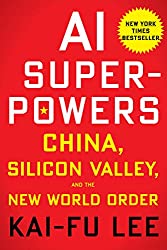
AI Superpowers by Kai-Fu Lee
Rating: 7.9/10. Book Review: AI Superpowers: China, Silicon Valley, and the New World Order by Kai-Fu Lee Book by Taiwanese CEO and venture capitalist working in China, talking about the differences in AI in China and the US, as well as the future of AI in society. Lee starts the book with the AlphaGo matches,…
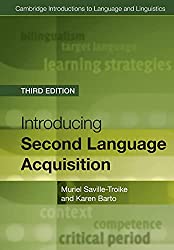
Introducing Second Language Acquisition by Saville-Troike and Barto
Rating: 7.0/10. This is an introductory textbook on second language acquisition, approaching the subject from the perspective of linguistics, psychology, and sociology. Unfortunately, I didn’t enjoy this book and dropped it after about halfway through. It tries to cover a lot in only 200 pages, but the writing is disorganized, giving only a brief treatment…
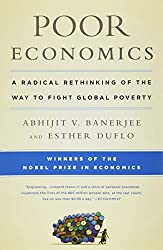
Poor Economics by Abhijit V. Banerjee and Esther Duflo
Rating: 8.4/10. Book Review: Poor Economics: A Radical Rethinking of the Way to Fight Global Poverty by Abhijit V. Banerjee and Esther Duflo We have a lot of stereotypes about poor people, and these stereotypes influence our foreign aid and intervention policies. The problem is that these preconceptions are often inaccurate. This book, by two MIT economics…
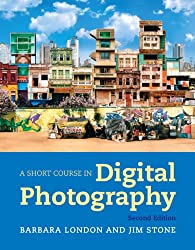
A Short Course in Digital Photography by London and Stone
Rating: 8.3/10. A good overview of the art and science of photography, suitable for a beginner. Each page is fully colored and has an abundance of photos to serve as exemplars of what good photography looks like. Section 1 talks about basic camera controls including aperture and shutter speed. Both control exposure, but additionally, shutter…
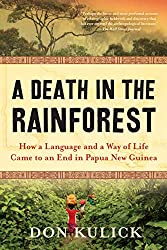
A Death in the Rainforest by Don Kulick
Rating: 8.6/10. Book Review: A Death in the Rainforest: How a Language and a Way of Life Came to an End in Papua New Guinea by Don Kulick Book by linguistic anthropologist about his experiences documenting the Tayap language, spoken in Papua New Guinea. Tayap is a language isolate, spoken by less than a hundred…
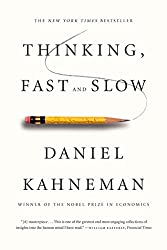
Thinking Fast and Slow by Daniel Kahneman
Rating: 6.7/10. Influential book by Daniel Kahneman, winner of a Nobel Prize in economics for his work on behavioral economics. The main idea of this book is we have two systems for making decisions, call them System 1 and System 2. System 1 is fast, intuitive, and effortless; System 2 is slow, logical, and takes…
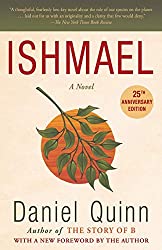
Ishmael by Daniel Quinn
Rating: 7.9/10. While technically a novel, there is not much a plot beyond the narrator conversing with a telepathic gorilla in a Socratic dialogue. Ishmael, the gorilla, teaches willing pupils on how to save the world. According to Ishmael, our civilization has accomplished many impressive feats, but is on a surefire path to self-destruction since…
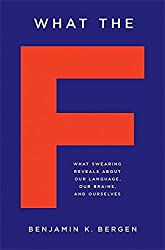
What the F by Benjamin K. Bergen
Rating: 8.0/10. Book Review: What the F: What Swearing Reveals About Our Language, Our Brains, and Ourselves by Benjamin K. Bergen Book by psycholinguistics researcher Benjamin Bergen from UCSD, about the linguistics of profanity. It is unusual to do academic research on swear words like “fuck” and “nigger”, but the author compares it to studying…
